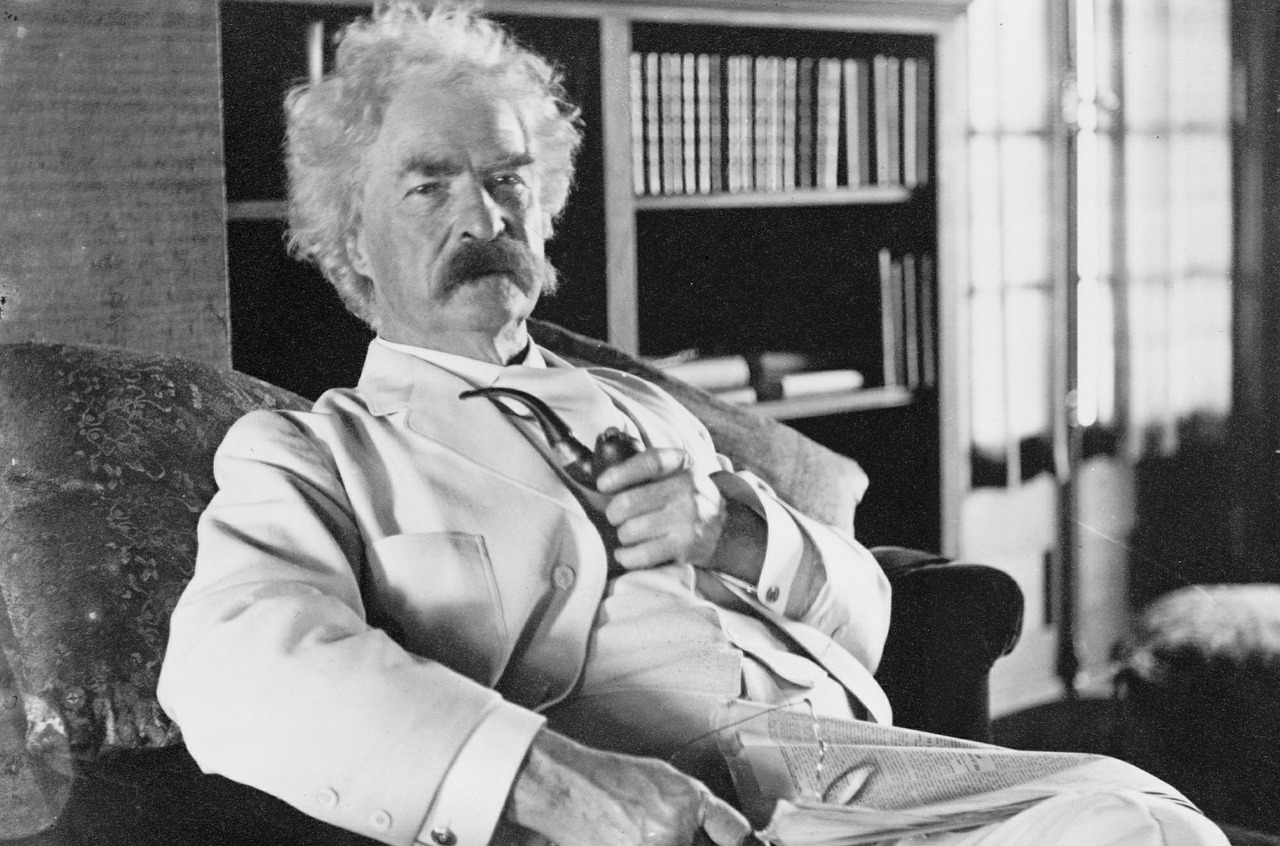This is a huge question.
There are folks out there who want to be traditionally published and are willing to die on that hill. Traditional publishing means being offered a book deal by a major publishing house.
This path requires finding an agent first. Back in the old days, you could send your manuscript right to a publisher, but no more. If you do that, you'll be lucky to have it sent back to you.
Nowadays, you need to find an agent first. There are tons of them out there. If you have no other publishing credits behind you -- in other words, you haven't published any articles, short stories, or poetry in magazines or newspapers -- it's best to start with an agent who is new to the business. Sounds like it won't get you very far, but these folks are eagerly looking for a good manuscript. Search out new agents on google, in the Writer's Market, or in ads in writer's magazines. Since agents specialize in certain genres, you'll want to find an agent who handles the genre you are writing.
When you have gathered a few names, you'll want to craft a query letter. The first paragraph of the letter should tease your book, much like the back cover blurb would tease a perspective reader. The rest of the letter should include your book's length, genre, and your contact information. This letter will accompany the first part of your book -- usually the first 30 pages. To an agent, these first 30 pages are key, so make sure something big happens in the first 30 pages. If it doesn't, rewrite!
Then send off your packages. And wait.
As you might have guessed by now, this is the hard part. You'll get rejection letters. Some of them nice, some of them form letters. The most disappointing part of this path is that agents will only represent one writer per genre, so if they already have a science fiction client, for instance, and you write science fiction, they won't represent you also -- at least not until they have sold that first client's book to a publisher.
Book deals are hard to come by. They take talent and a whole lot of luck -- but there are other options.
Next Up: Indie Publishing












